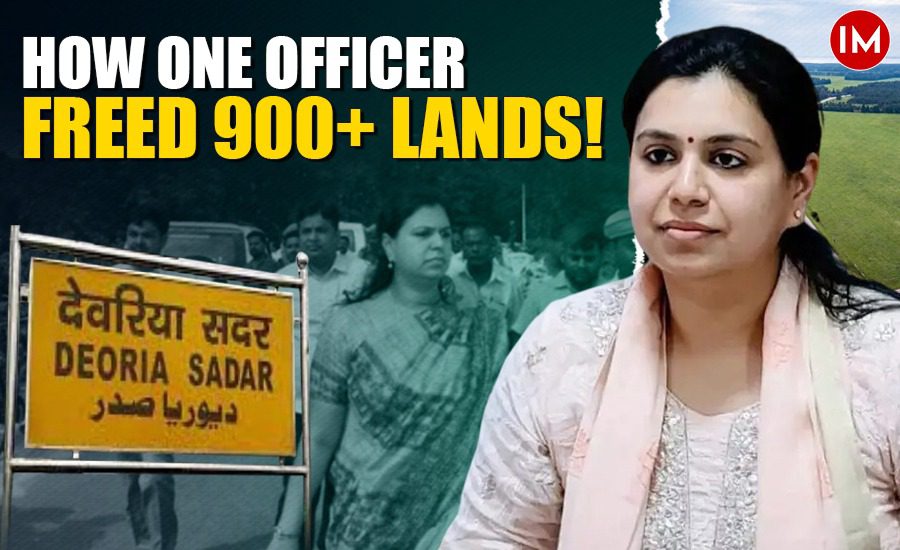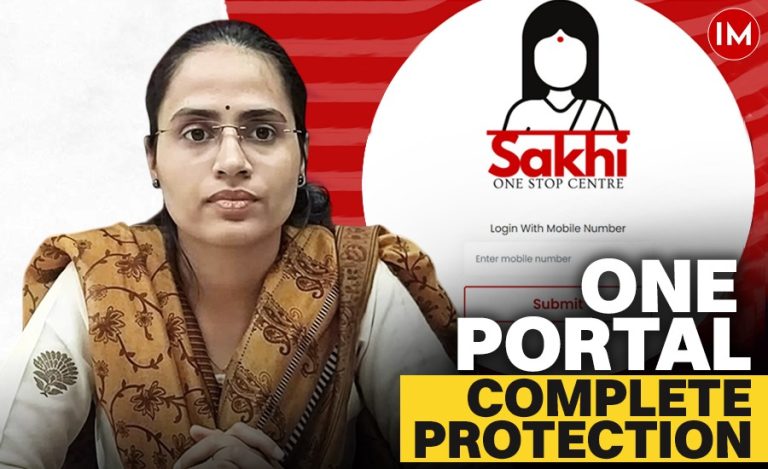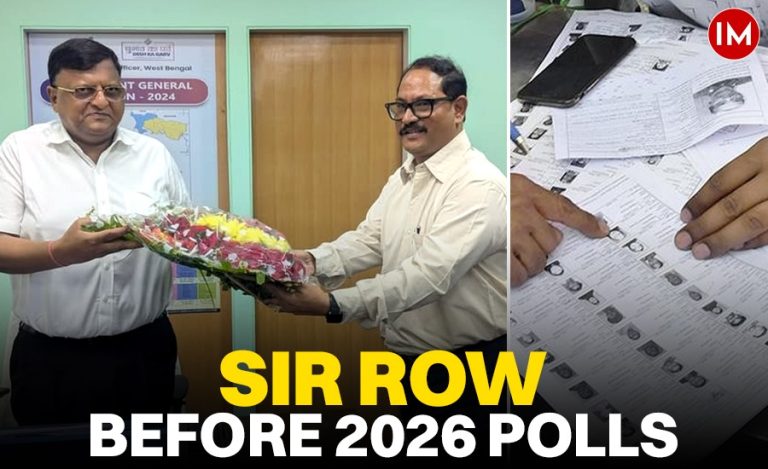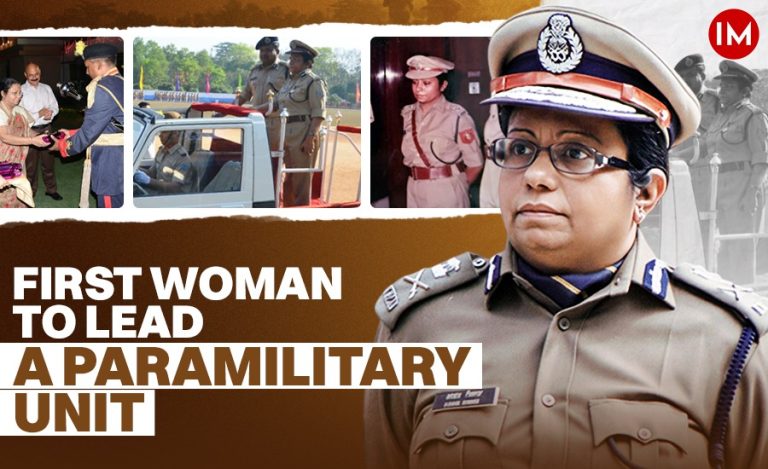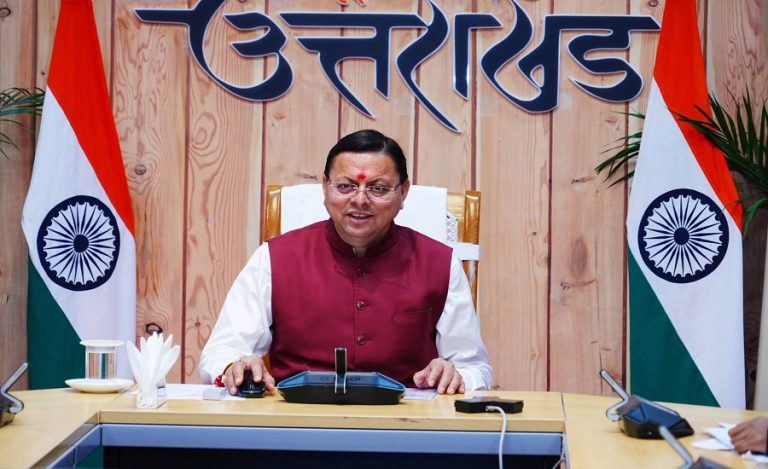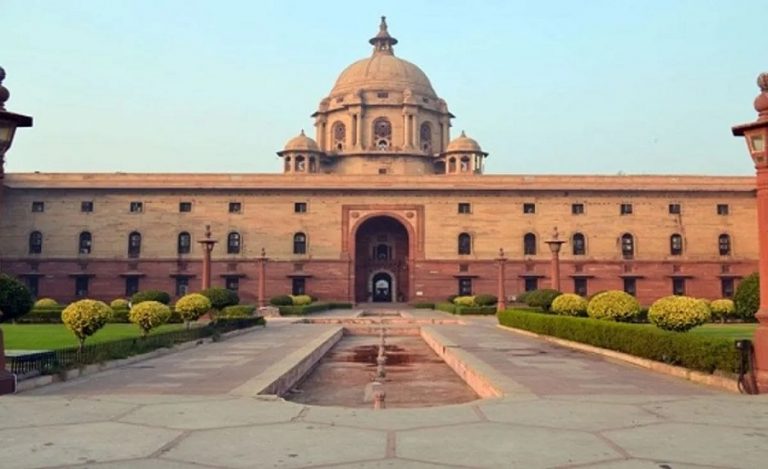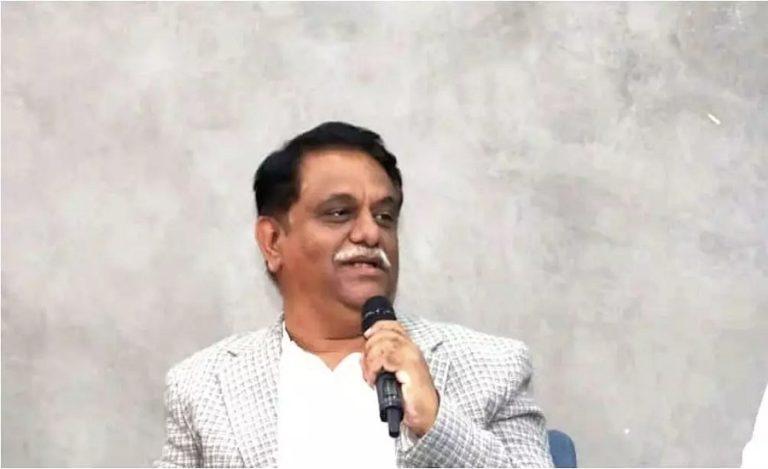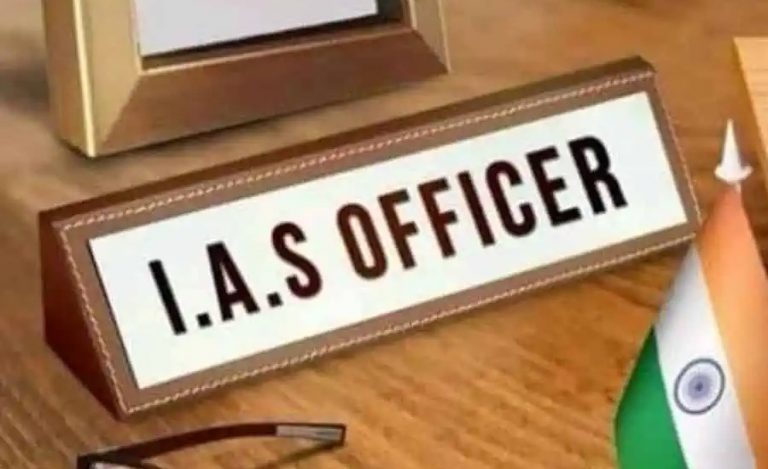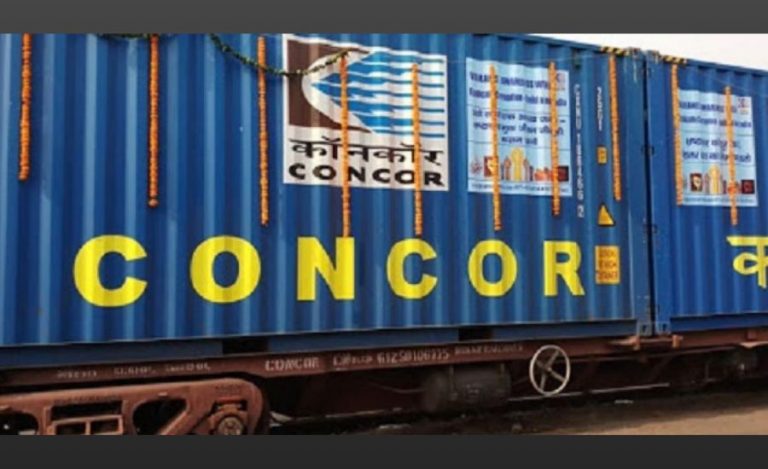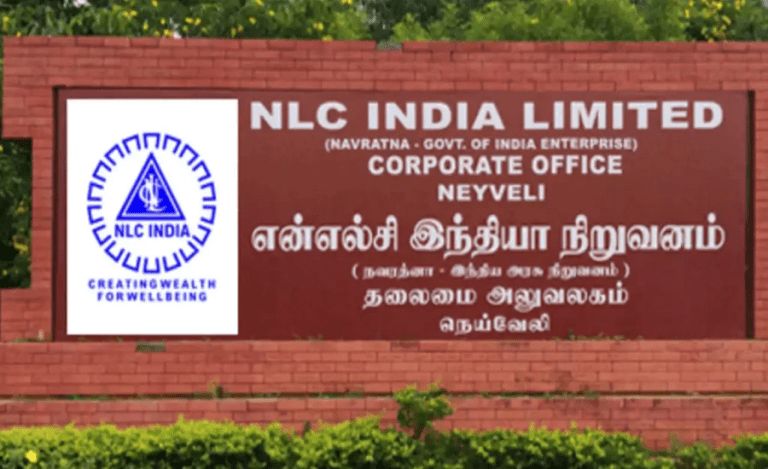In many parts of rural India, land disputes are a common reality. Over time, government land meant for public use – such as roads, pathways, and water bodies – often gets encroached upon. This doesn’t always happen out of malice; more often, it stems from habit, necessity, or simply a lack of awareness.
Such was the case in Deoria, a district in eastern Uttar Pradesh. But in March 2025, change arrived – not through force or fear, but through quiet determination and a vision rooted in justice. At the heart of this transformation was IAS officer Divya Mittal, a 2013-batch officer of the Uttar Pradesh cadre and the current District Collector of Deoria. She launched a bold, community-driven initiative to reclaim public land – Operation Kabza Mukti.
Ms Mittal is far from the stereotypical bureaucrat. Known for her clarity of thought, strong-willed leadership, and hands-on approach, she believes governance thrives when citizens are treated as partners, not just subjects. Her mission in Deoria was twofold: to free government land from illegal encroachments and to ensure that the most disadvantaged citizens gained access to land – giving them the chance to finally build homes of their own.
In a candid conversation with Indian Masterminds, Divya Mittal shared insights into her initiatives and the remarkable journey of how she brought them to life.
Read Also: How to Transform Intent Into Action, IAS Officer Shows the Way
WHO IS SHE?
Ms Mittal, originally hails from Rewari, Haryana, is a shining example of perseverance and purpose. Remarkably, she cracked the UPSC exam without any formal coaching. Though she was initially selected for the IPS, her determination drove her to appear again, and she went on to secure an impressive All India Rank of 68, ultimately joining the IAS.
An alumna of IIT Delhi (B.Tech) and IIM Bangalore (MBA), Ms Mittal once held a lucrative job as a foreign derivatives trader in London. However, driven by a deeper calling to serve her country, she gave it all up to pursue a career in public service. Her journey was inspired and supported by her husband, IAS officer Gagandeep Singh, who played a key role in motivating her to chase her civil services dream.
After returning to India with Gagandeep, who became an IAS officer by passing the UPSC exam in 2011, Divya also decided to follow her own path in civil services. She passed the UPSC exam in 2012 and became an IPS officer, securing the Gujarat cadre. In 2013, she appeared for the UPSC exam again, this time becoming an IAS officer and securing the Uttar Pradesh (UP) cadre.
During her training at LBSNAA, she was awarded the prestigious Ashok Bambawale Award for Excellence, further cementing her reputation as a dedicated and driven officer. One of her standout achievements includes bringing water to Lahuriyadah, a remote village in Mirzapur, which had been parched for 75 years. To UPSC aspirants, her advice is simple but powerful: Stay focused and steer clear of mobile distractions.
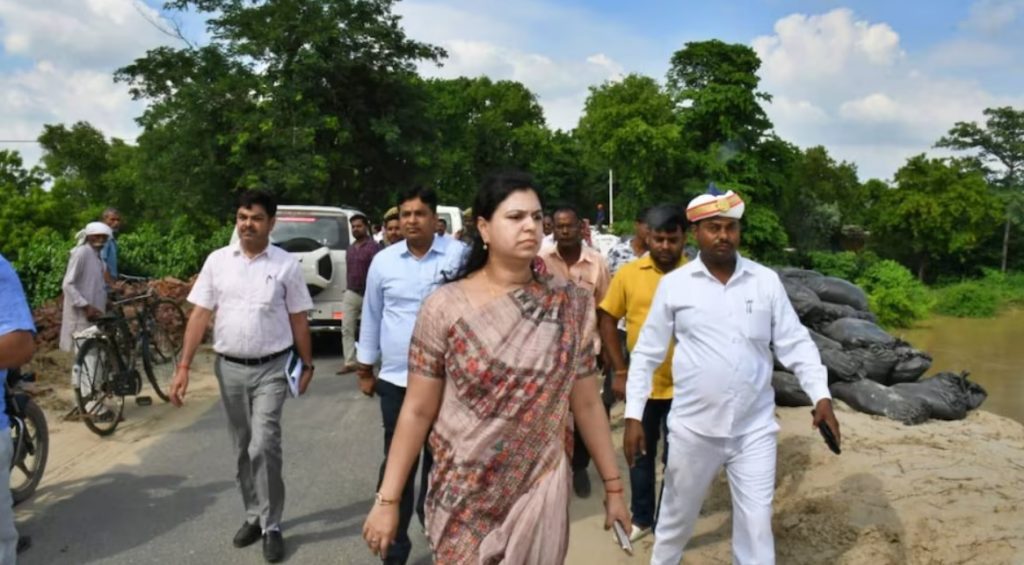
THE HEART OF THE ISSUE IN DEORIA
One of the lesser-known but widespread problems in rural areas is the encroachment of “chakrods” – narrow, muddy paths that run between fields and are essential for transporting agricultural equipment and accessing farmland. Over the years, farmers with adjoining land had informally extended their fields, occupying these routes, often unaware of the broader consequences.
“These aren’t just paths,” Divya explained. “They are the veins of our rural economy. When they’re blocked, it disrupts everything – from access to irrigation, to emergency services, to village connectivity.”
A PEOPLE’S MOVEMENT
What made Operation Kabza Mukti extraordinary was not just its scale, but its spirit. “This is no longer just a government program,” said Divya. “It has become a Jan Andolan – a people’s movement.”
Instead of bulldozing through with police and orders, she first spoke to the people. The administration made announcements, sent out appeals, and personally reached out to village communities. Officers from the SDM to block level were deployed not just as enforcers, but as communicators and facilitators.
And what happened next was nothing short of remarkable.
Over a month, from March 15 to April 15, over 900 instances of illegally occupied government land – including roads, drains, ponds, and farmlands – were peacefully vacated. Not a single lathi-charge was needed. Not one case of conflict was reported.
In village after village, people began removing their own encroachments, often with nothing more than a spade, a cart, and a quiet sense of accountability. Many were even honored publicly by the administration.
Read Also: IAS Officer Divya Mittal Showered With Rose Petals On Getting Transferred, Video Went Viral
STORIES THAT INSPIRE
In one village, when residents saw Ms Mittal herself arrive to thank them, a group of villagers came forward to do something even more radical – they donated their private land so that a road could be built to connect 15 isolated homes.
In another heartwarming moment, in Udaypura village, the administration reclaimed previously occupied land and redistributed it to 137 landless families from the Musahar community, one of the most marginalized in the region. For the first time, these families had a place they could call their own.
“Where there was a pond, there will be a pond again,” Divya said. “Where there was a road, a road will be built again. And where land is free, it will be used for community welfare.”
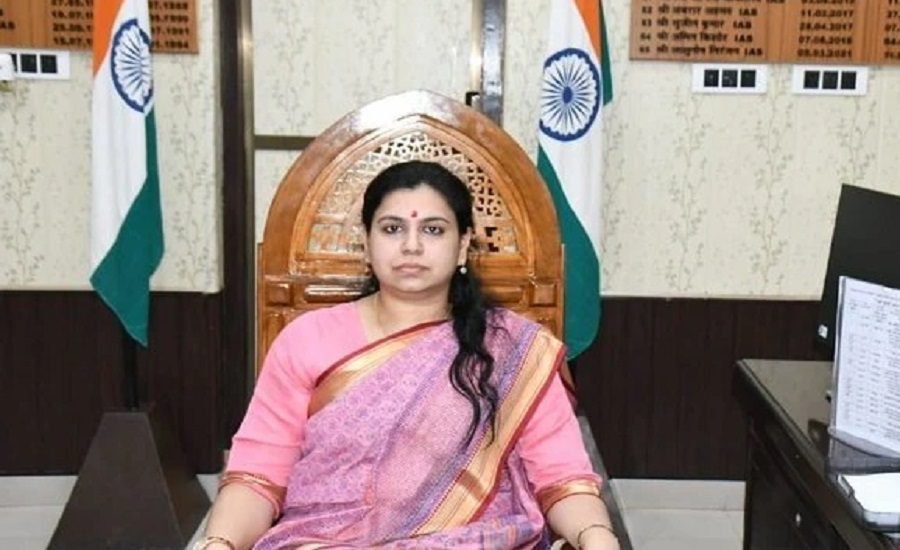
LEADERSHIP WITH PURPOSE
Ms Mittal’s approach has set a powerful precedent – a campaign that could have been riddled with resistance turned into a collective mission of reclamation and renewal. Her firm yet fair leadership, the legal and transparent process, and the administration’s respect for dialogue have helped build a template of governance that listens first, acts second.
Her story is not just about freeing land – it’s about restoring trust in the system, dignity to the poor, and the idea that public space belongs to all.
Read Also: How To Deal With Procrastination? IAS Divya Mittal Has Solutions

